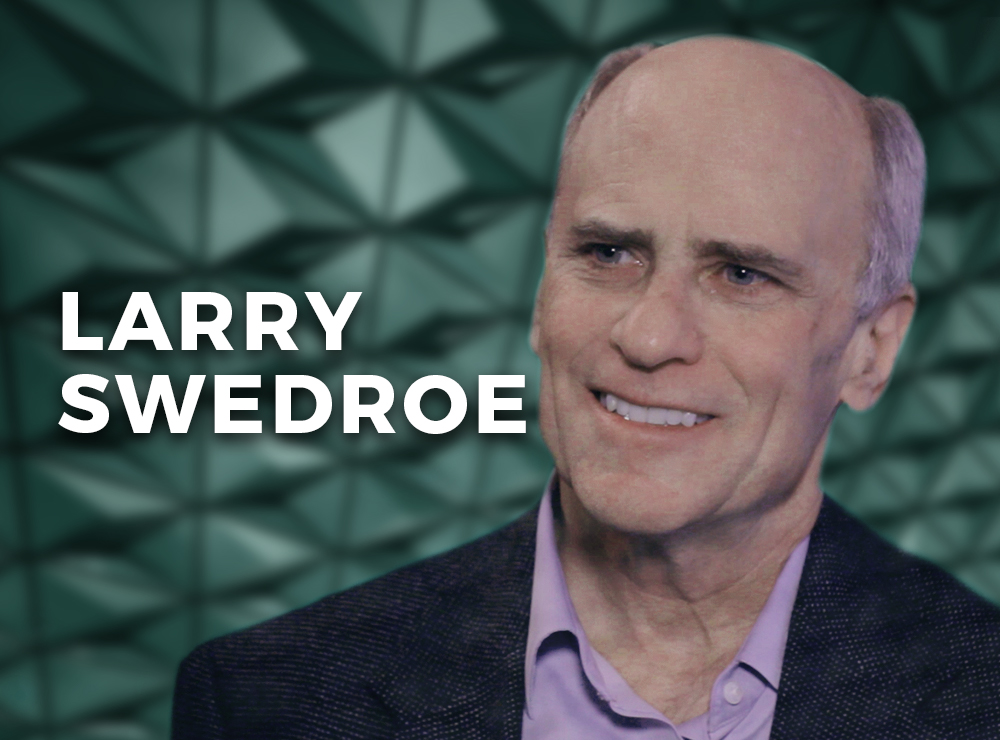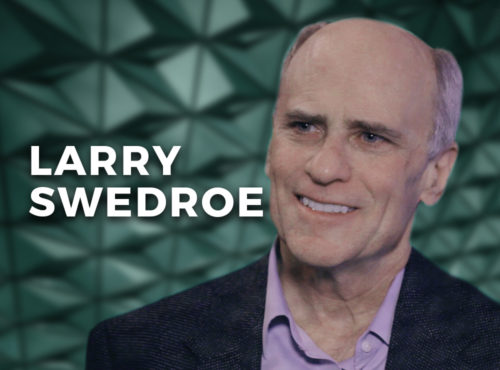
By LARRY SWEDROE
A large body of literature, including the study The Folly of Hiring Winners and Firing Losers, published in the Fall 2018 issue of The Journal of Portfolio Management, confirms that past performance is not statistically meaningful in explaining future performance once fees and fundamental factors are accounted for.
The literature also includes the study The Selection and Termination of Investment Management Firms by Plan Sponsors, published in the July 2008 issue of The Journal of Finance. That study found that the fund managers plan sponsors fire go on to outperform the managers that were hired as their replacements.
Passively managed funds can provide exposure to common factors at lower costs and do not require any expensive and time-consuming monitoring. So an important question is, Why do fiduciaries of defined contribution pension plans select actively managed funds as choices, knowing that they will be perceived as recommendations?
In their study Active Management in Defined Contribution Plans, published in the Spring 2020 issue of The Journal of Retirement, authors Gerald Buetow, Bernd Hanke and Maxim Zagonov investigated the performance of all active U.S. equity mutual funds from 1979 through 2018.
They used Morningstar data and categorisations to compare performance within each categorisation to the appropriate passive index, as dictated by a fund’s prospectus. They also broke down performance using a six-factor model (market beta, size, value, investment, profitability and momentum) to investigate whether this changes any of their conclusions. They used the lowest-fee share class for funds with more than one share class.
Here is a summary of their findings:
— Inconsistency in performance is more likely than consistency, which illustrates the difficulty in selecting active managers that can add value reliably based on past relative performance. This is particularly true over three-year periods.
— Highly ranked funds in any five-year period tend to perform poorly in successive periods.
— Despite the inconsistency, defined contribution plan fiduciaries heavily rely on funds’ past performance as an indication of likely future performance.
— Poorly performing funds often have long legacies in plans, and their removal usually only occurs after an exogenous event takes place. Often this can be litigation or the risk of litigation.
Their findings led Buetow, Hanke and Zagonov to conclude: “We empirically observe how difficult it is for an active fund to outperform and for fiduciaries to identify outperforming active funds ex ante.”
They added: “Between inconsistent performance and higher tracking error fiduciaries would do well to ensure that plan participants are able to more properly construct an optimal asset allocation for long-term wealth aggregation using passive alternatives.”
And finally: “Most plan participants would be best served if they simply had a quality passive lineup to select from, and fiduciaries would be in a far easier position if they simplified their monitoring role.”
They also noted that active funds come with the additional risk of tracking error, making precise asset allocation more difficult, negatively impacting the return to risk tradeoff of the single most important aspect of portfolio construction.
These findings also beg the questions of why so many plan sponsors include actively managed funds in their plans and why they hire highly paid consultants to choose them when the evidence from studies, such as Tim Jenkinson, Howard Jones and Jose Vicente Martinez’s 2013 study Picking Winners? Investment Consultants’ Recommendations of Fund Managers have found that while recommendations of consultants have a very significant effect on fund flows, there is no evidence that these recommendations add value to plan sponsors.
The only explanation I can think of is that by hiring consultants, the plan sponsors believe they are shielding themselves from blame in case their chosen managers perform badly. Unfortunately, the plan participants are paying for that shield!
LARRY SWEDROE is Chief Research Officer at Buckingham Strategic Wealth and the author of numerous books on investing.
Want to read more of his work? Here are his most recent articles published on TEBI:
Have we seen the death of value?
Can you trust bond fund classification?
Is the rise of indexing bad for corporate governance?
Is it really stocks for the long run?
The Illusion of alpha in active bond management
Four investment lessons from the COVID crisis
© The Evidence-Based Investor MMXX








